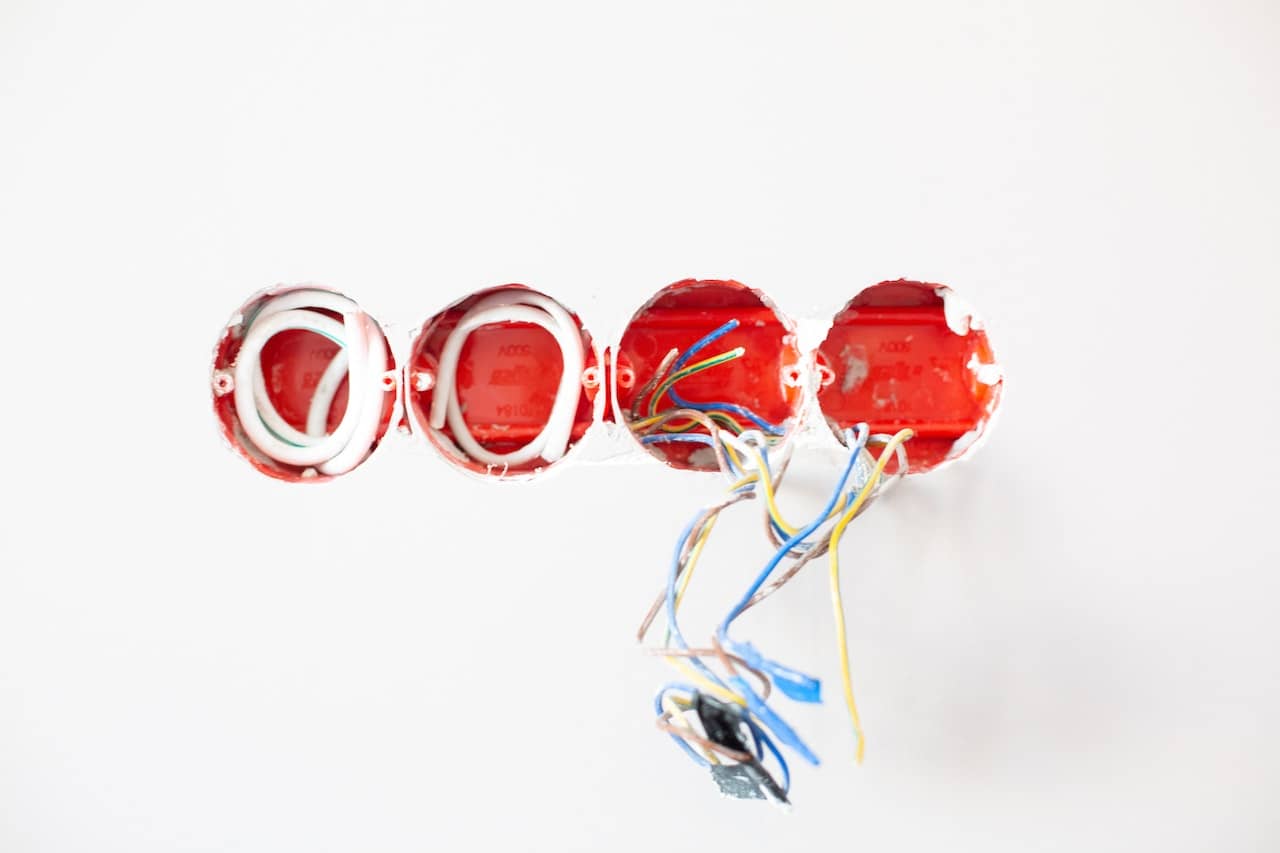Electrical hazards for renters are a serious concern, and it’s important for tenants to be aware of their rights and responsibilities when it comes to electrical safety in their rented property. Landlords also have certain obligations that they need to fulfill to ensure the safety of their tenants.
Do landlords have to do electrical safety checks?
Yes, landlords have a legal obligation to ensure that the electrical installations in their rented property are safe. This includes making sure that all electrical wiring, sockets, switches, and appliances are in good working order and free from any defects or damage that could pose a risk to the tenant’s safety. If your landlord is failing to ensure your safety or to rectify electrical hazards, you can start a claim with National Claims for compensation.
Who is responsible for electrics in rented property?
The responsibility for ensuring the safety of the electrical installations in a rented property falls on the landlord. However, tenants also have a responsibility to report any electrical hazards or defects to their landlord as soon as possible. This will allow the landlord to take the necessary steps to rectify the problem and ensure that the property is safe for habitation.
What is EICR?
EICR stands for Electrical Installation Condition Report. This report provides an assessment of the condition of the electrical installations in a property and identifies any defects or hazards that need to be addressed. The report is carried out by a qualified electrician who will inspect the electrical installations and appliances and provide a detailed report of their findings.
Is it illegal to rent a property without an EICR?
As of April 1st, 2021, it is a legal requirement for landlords to have an EICR carried out on their rental property every 5 years. Landlords who fail to comply with this requirement could face financial penalties and legal action. It is also important to note that if an EICR identifies any defects or hazards, landlords must take immediate action to rectify the issues identified in the report.
Common Electrical Hazards in Rented Properties

Electrical hazards in rented properties can pose a serious risk to the safety of tenants, and it’s important for renters to be aware of the most common hazards and how to identify them.
Faulty wiring: Faulty wiring is one of the most common electrical hazards in rented properties. This can include exposed wires, loose connections, or damaged cables. Signs of faulty wiring may include flickering lights, sparks or electrical shocks, and appliances that don’t work properly.
Overloaded sockets: Overloading sockets can be a fire hazard and should be avoided at all costs. Plugging too many appliances into a single socket can cause the wiring to overheat and potentially start a fire. If a tenant notices that their sockets are getting hot or there are signs of scorching around the socket, they should stop using the socket immediately and report the issue to their landlord.
Outdated appliances: Old or outdated appliances can pose a serious electrical hazard and should be replaced as soon as possible. Appliances that are more than 10 years old may not meet modern safety standards and could be at risk of malfunctioning or causing an electrical fire.
Disruption During Repair Work: What Renters Should Know
Electrical hazards can arise in rented properties at any time, which may require repairs or maintenance work. When repair work is carried out, it can cause some disruption to your daily routine. As a renter, it’s important to know your rights and what to expect during repair work.
Landlords are legally required to carry out any necessary repairs or maintenance work to ensure that their rented property is safe and habitable. This includes electrical repairs or maintenance work. When repair work is carried out, landlords must provide their tenants with reasonable notice, unless it is an emergency repair. The length of notice required depends on the type of repair work being carried out.
If you experience any disruption during repair work, such as a loss of electricity, you should contact your landlord immediately. Your landlord should take steps to minimize any disruption, and provide you with an expected timeline for the repair work. If you have any concerns or questions, you should contact your landlord to discuss them.
If Your Landlord Will Not Deal With a Safety Problem
If you experience an electrical hazard or safety problem in your rented property, it’s important to take action as soon as possible. If your landlord refuses to deal with a safety problem, there are steps you can take to ensure your safety.
The first step is to report the safety problem to your landlord in writing. This can be by email or letter, and should include details of the problem, the date it was reported, and any action that has been taken. If your landlord fails to respond to your report, or refuses to carry out any necessary repairs or maintenance work, you should contact your local authority’s housing department.
Your local authority has the power to carry out inspections of rented properties and to require landlords to carry out necessary repairs or maintenance work. If your local authority identifies any safety hazards or concerns, they can issue an improvement notice to your landlord, which will require them to carry out the necessary repairs or maintenance work within a specific timeframe.
If your landlord still fails to comply with the improvement notice, your local authority can take legal action against them, which may include fines or even imprisonment. As a renter, you have the right to a safe and habitable living environment, and you should not tolerate any safety hazards or problems that put your safety at risk. National Claims are on hand to help you through your claims process when claiming against your landlord for housing disrepair and not creating a habitable environment. We will also help you throughout the legal disrepair process.
Note: You can only make a claim if you are currently living in social housing.
How much compensation for housing disrepair?
To find out how much compensation you can receive for your housing disrepair, it is best to fill out one of our claims forms that can be found throughout our website.
Conclusion
Electrical safety is a serious concern for renters, and it’s important for tenants to be aware of their rights and responsibilities when it comes to electrical safety in their rented property. Landlords also have a legal obligation to ensure that their rental property is safe for habitation, and failure to comply with these obligations can have serious consequences.
By being aware of the most common electrical hazards in rented properties and taking steps to address them, tenants and landlords can work together to ensure the safety of everyone in the property. If you are experiencing any electrical issues that should be rectified by your landlord, then it is best to get in contact with us at National Claims today where we will be able to guide you through the claims process.
Click below to see why we are one of the most trusted claims management companies in the UK.





